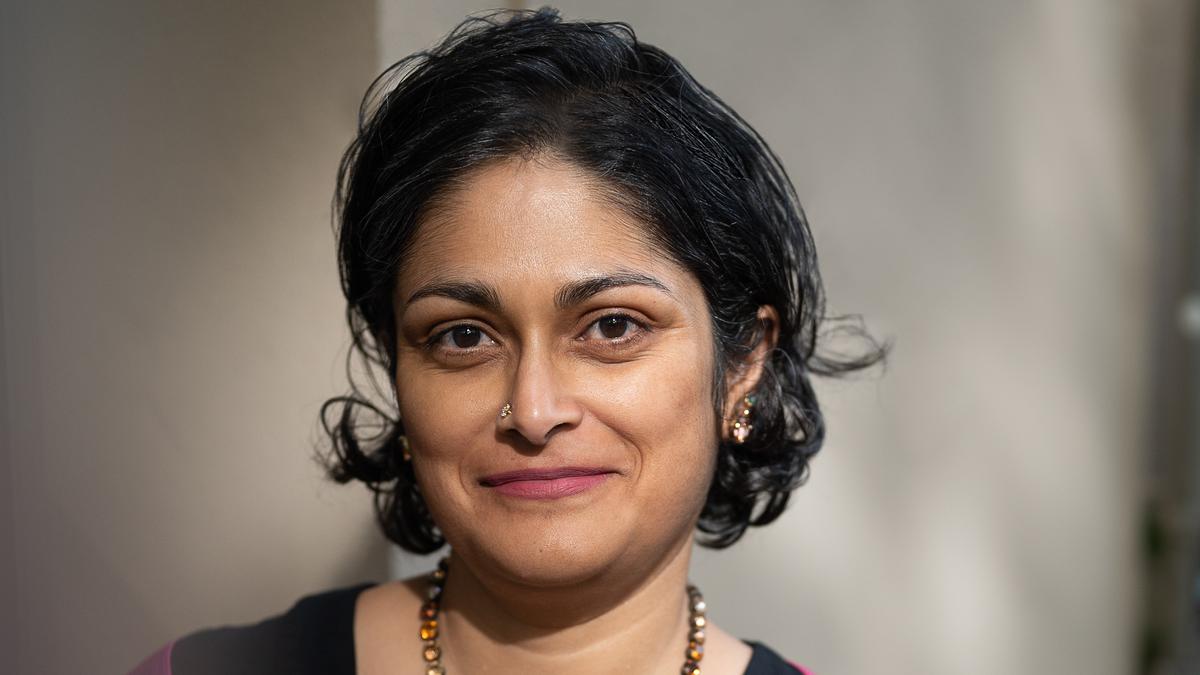
Anu Vaidyanathan | Longing and belonging in Edinburgh
The Hindu
Comedian Anu Vaidyanathan on themes of 2023, her sophomore year at Edinburgh Fringe, and some unlearning
When I was 15, I moved to Chennai to get into IIT. Within a week, I realised I did not belong and resolved to jump the wall to call my dad and ask him to get me out of there.
The hostel wall, like all other contraptions of imagined confinement, had pieces of glass stuck on it. I had been watching too much of Richard Burton and Clint Eastwood’s escapades in Where Eagles Dare prior to my departure from Bangalore, and made a plan involving cloth bandages and a cultural programme at the school to distract the missing guards from my great escape.
The programme had started. Everyone was attending. As I made my way towards the wall, I saw actor-director S.Ve. Shekher on the stage delivering jokes like gunfire. He had every teenager and adult in the crowd open-mouthed with his wit. With only a mic to amplify whatever his mind was telling him.
I abandoned my escape and sat down, enchanted. Later that night, I simply walked out of the main gate, made my call and walked back in. The warden was fast asleep, it turned out.
Two decades plus later, returning from my second outing at the Edinburgh Festival Fringe — and reflecting on why I was there — that moment comes back to mind. I am here to make light of the confines of commerce and focus on my art form. No props. No tricks of light. No trademarked merchandise.
This year’s dominant themes are grief and loss, and the number of physical theatre events seem to be on an uptick. The Fringe has the great benefit of discerning audiences who turn up for the art form rather than the artist. One’s individual popularity is less important than the finish line, and there is strong word-of-mouth if the show is good. I consider 2023 my sophomore year as a comedian and I learned a lot, including the value of resilience, of remaining alive to the audiences show after show, and losing all fear.
One secret wish would be a better financial deal for performers like me, who sweat the whole year to showcase new work.













